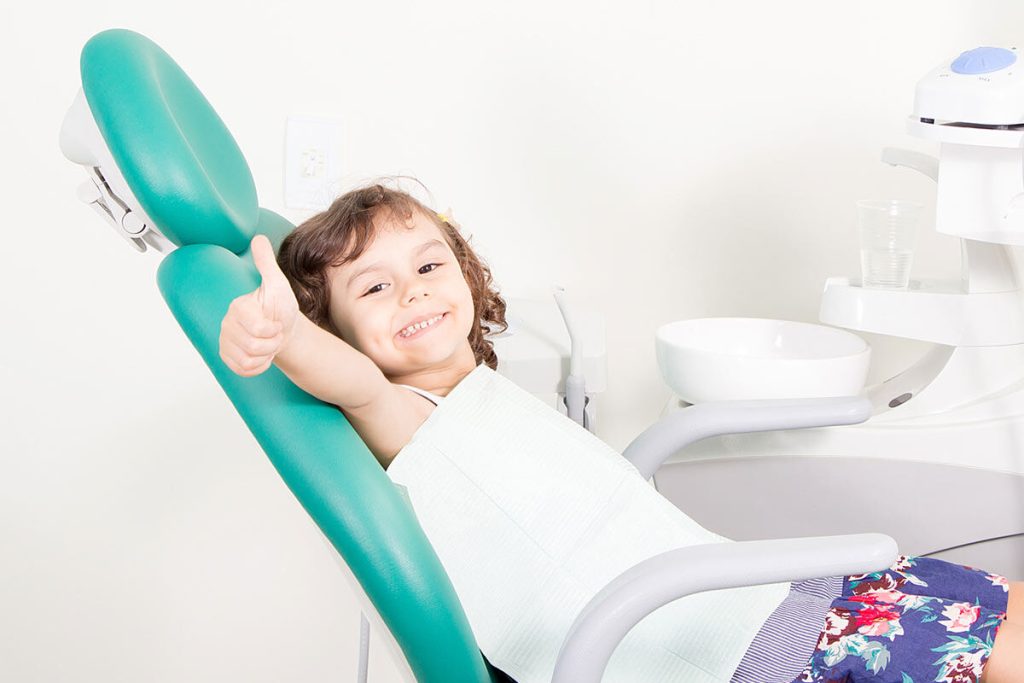The World Health Organization (WHO) and the American Association of Pediatric Dentists recommend that the first dental examination be performed after the first tooth emerges (usually between 6 months and 1 year of age). The purpose of this appointment is to inform parents about brushing, breastfeeding and feeding to prevent tooth decay of the baby, and to check dental health by calling you for check-ups at regular intervals.
However, if this stage has passed, a pediatric dentist is probably consulted when a problem arises. In this case, during the first examination, all the hand tools usually used during the procedures are explained to your child, their uses are shown and they may be allowed to use some of the tools. You will be informed about the possible treatment plan. Generally, treatments that take longer and require anesthesia, such as root canal treatment and amputation, are postponed to later appointments to allow the child to get used to the environment and the doctor.

BEFORE TREATMENT
➤ You should not use sentences like “don’t be afraid, it won’t hurt” to your child. Such sentences may give rise to the idea that children may subconsciously feel sorry.
➤ You should not tell your child about your past, especially bad dentist experiences.
➤ To your child; You should not make scary statements such as if he does not go to the doctor, his teeth will decay more and he may have to get an injection and then have it removed. Because all these procedures that you fear may be treatments that your child may need one day.
➤ You should not promise your child that the dentist will do nothing but take care of their teeth.
➤ Procedure planning will be planned from easy to difficult, except for emergencies. It is very important that you comply with this plan in completing your child’s treatments.
DURING TREATMENT
➤ When a child who has had his treatment done in compliance with him gets tired/bored, he may suddenly develop a mental state that does not want him to have an incompatible procedure. This may also negatively affect subsequent appointments. For this reason, you should not insist on your children and your doctor to do more procedures.
➤ While your child is being treated, “Does it hurt?” are you tired?” You should not ask questions that may disrupt their motivation, such as:
➤ If possible, you should allow your child and the doctor to bond during the procedure and take a passive role.